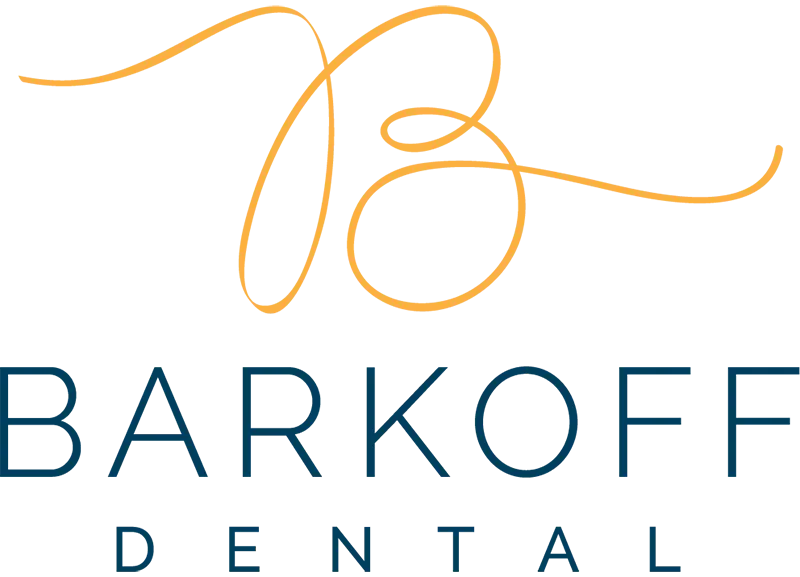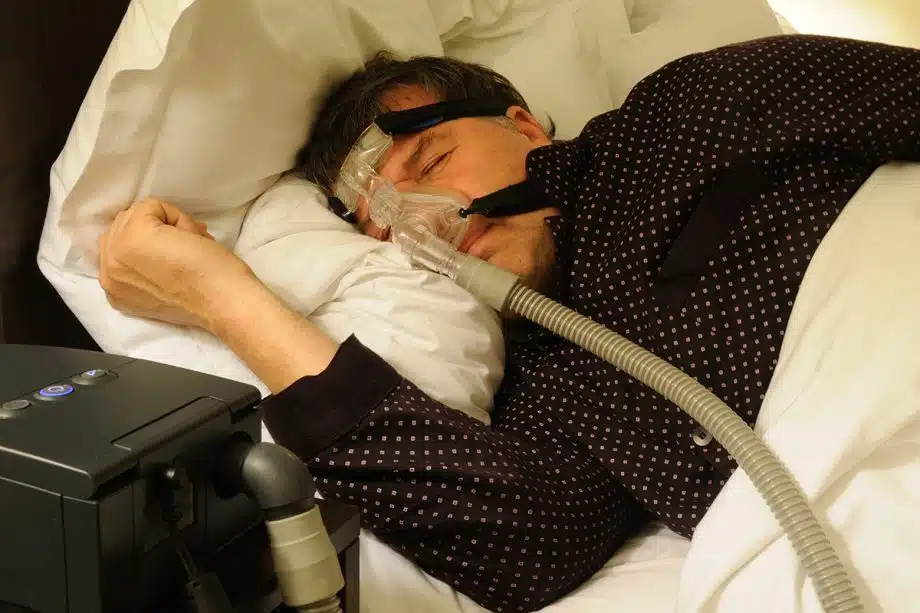Sleep apnea is a condition that affects your breathing when you sleep. When you have sleep apnea, it can greatly interfere with your daily life. It prevents you from getting quality sleep at night, leaving your body and mind without adequate rest.
How do you know if you have sleep apnea? There are some common signs and symptoms that often indicate sleep apnea.
What is Sleep Apnea?
Sleep apnea is a common sleep disorder that causes you to stop breathing for periods of time when you sleep. As you lay down to sleep the soft tissues of your mouth, especially your tongue, will slide back toward your throat to obstruct your airway. This causes you to stop breathing for a few seconds to a minute or more. As your brain registers the lack of oxygen, you wake enough to change positions and resume breathing. This interrupts your natural sleep cycles and may occur multiple times throughout the night, preventing you from getting quality sleep.
Signs and Symptoms of Sleep Apnea
Sleep apnea is characterized by the following signs and symptoms:
- Snoring. Snoring occurs when the soft tissues of your mouth are partially blocking your airway. As you breathe in and out the air causes the tissues to vibrate, creating the snoring sound. Loud snoring is often a sign of sleep apnea.
- Waking up breathless. If you wake up gasping for air or feeling out of breath, it is often a sign of sleep apnea. You may have stopped breathing for a while before you realized it.
- Teeth grinding. Teeth grinding often accompanies sleep apnea, as the jaw has to repeatedly open and close to resume breathing.
- Headaches. Lack of oxygen at various times throughout the night can cause you to wake with a headache.
- Dry mouth. Snoring and sleep apnea are caused by mouth breathing, which can leave your mouth feeling dry.
- Sore throat. Snoring can cause a sore throat as the tissues vibrate together. Dry mouth can also lead to a sore throat.
- Lack of energy. If you have sleep apnea you may find that you lack energy to get through the day. You may feel exhausted much earlier than you should from lack of quality sleep.
- Feeling sleepy. You may feel sleepy and yawn frequently if you have sleep apnea.
- Dozing off during the day. Do you doze off easily during the day, such as on the couch or at your desk at work? Daytime dozing is often a sign of sleep apnea. This can be dangerous as it could lead to falling asleep at the wheel.
Treatment for Sleep Apnea
The good news is that sleep apnea is treatable. There are two common sleep apnea treatment options:
- CPAP Machine. A CPAP (continuous positive airway pressure) consists of a mask you wear over your mouth and nose that is connected to a machine that delivers a constant flow of air that keeps your airway open while you sleep.
- Oral Appliance. An alternative to a CPAP is an oral appliance, a custom made mouthpiece you wear at night while you sleep. It positions your jaw so that your tongue and mouth tissues stay forward, keeping your airway open. Many patients find this to be an effective and referrable alternative to a CPAP machine.
Frequently Asked Questions About Sleep Apnea
Is there a permanent cure for sleep apnea?
There are some surgical treatments for sleep apnea that provide a permanent cure. This allows you to get better quality sleep without having to wear anything in or over your mouth. Ask us about our surgical options for sleep apnea.
Does snoring always mean you have sleep apnea?
Snoring does not always indicate sleep apnea. However, even snoring could be preventing you and anyone you share sleeping quarters with from getting quality sleep at night. An oral appliance could also stop or reduce your snoring.
Think You May Have Sleep Apnea? Schedule a Consultation
If you have any of the above signs and symptoms of sleep apnea, schedule a consultation with Barkoff Dental today. We can diagnose your condition and provide the best treatment option for you to improve your sleep and quality of life.
To learn more, call 516-921-1133 or contact us today to schedule an appointment.


